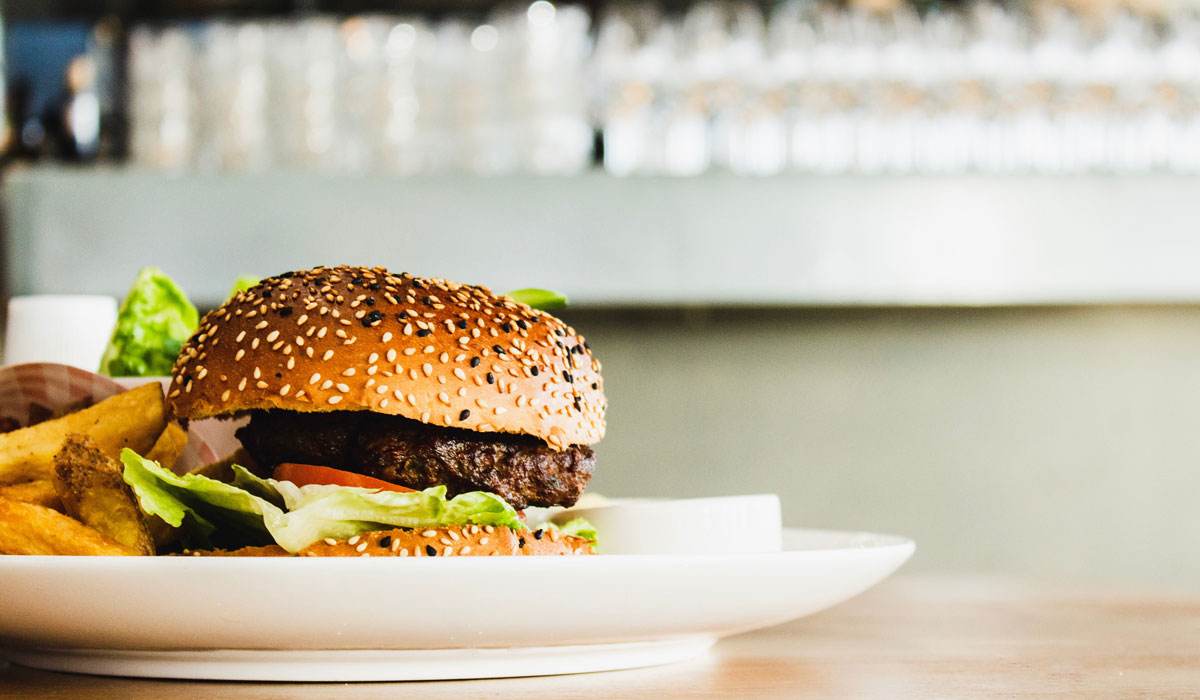The COVID-19 pandemic has caused many restaurants to question their future, with owners left wondering whether they can survive and, if so, for how long.
Some restaurants have been able to seamlessly pivot from their existing model, and others were able to take advantage of warm weather and outside dining. However, as we head into winter, restaurants are facing inside dining limited to 25 or 50 percent capacity.
For many, the restaurant business is all they know. So, what should restaurant owners be doing today to ensure that they have a tomorrow?
The most important item is to have a plan for the future. Owners should be considering the likelihood of a second phase of COVID-19 and the potential of a recession. When the pandemic started in early 2020, we did not know how long lockdowns and social distancing would go on for. We couldn’t anticipate how our worlds would change.
Today, we have a much better understanding of what another phase could be like, and restaurants need to have structured crisis action plans.
Determining a realistic crisis timeline
An effective estimated crisis timeline will take into account various phases lockdown, social distancing and recovery. Businesses should be asking themselves, where are we today, how long will we be here and what’s next?
Impact assessment
Restaurants need to assess the impact of the pandemic on their business. Considerations should include reductions to revenue, cost structure, the ability to operate effectively with certain cost reductions, staff availability and changes in the supply chain. This can be done by performing a gap analysis and addressing the core areas of the business, including business operations, markets, products and customers, management mindset, teams, digital readiness, finance and risk.
Prioritization
Shareholder and management priorities need to be set, and plans should align with those priorities. These may include maintaining a core product or service offering, competitive advantage, maintaining a brand, retaining customers, and vendor and employee relationships.
Scenario based analysis
Restaurants should think about what realistic options and alternatives they have, completing scenario-based analysis to provide clarity on critical business decisions. Tying scenario-based outcomes back to shareholder priorities and seeing if they align is a critical step in a well-developed and structured plan.
Action plan
An operational crisis action plan should be developed to deliver on targets and align costs. Break-through objectives should be developed with specific initiatives and tasks. Plans should be flexible and realistic, built around the most-likely scenario. Identified break-through objectives should align with company vision and mission and be viewed as an add-on to an already existing business model.
A sound crisis recovery plan should empower owners to make business-critical decisions by providing clarity through the combination of operations plans with financial forecasting. Objectives should be quantified and built into a revised financial model.
Financial models should include a forecasted balance sheet, profit and loss statements and cash flows. These should be reviewed at the break-through objective level so that decision makers can clearly see the positive and negative impact of each individual objective.
Performance management
Once priorities are set, and break-through objectives and timeline are agreed upon with specific initiatives and tasks, key performance indicators should be set to measure against. The execution and management of the plan is just as critical as plan development.
Performance management dashboards and reporting of key performance indicators can help to effectively track targeted results to actuals. If key performance indicators aren’t being met, there should be an understanding as to why, and adjustments to operational plans and mitigating actions should be made in real time. Each individual break-through objective should be measured and reviewed. If restaurants don’t have the right tools to track and measure against planned performance, plans can quickly derail.
A good plan provides peace of mind, clarity during uncertain times, business and financial sustainability, maximizes long-term returns and preserves shareholder wealth. The importance of plan management and having a crisis management framework should not be overlooked. It is critical for restaurant owners to work with their trusted advisors to future-proof their business, today it can mean the difference between failure and survival.
Have the right technology, be agile, innovative, and practical. Be the restaurateurs of the future.
Alisha Jernack, partner, CPA, Mazars USA, has more than 11 years of public accounting experience, servicing entrepreneurs and privately owned businesses. She specializes in business advisory, strategic planning, financial reporting and tax services. Alisha serves privately owned businesses in transportation and logistics, food and beverage, and consumer products, as well as other manufacturing and distribution industries. She leads the COVID business advisory team and is a core member of the Business Advisory Practice. Alisha recently piloted Mazars’ “Reshape Crisis Recovery Program” and contributed to launching this new service offering globally. Her thought leadership includes articles and external speaking engagements, and having been featured on several podcasts and webcasts.













